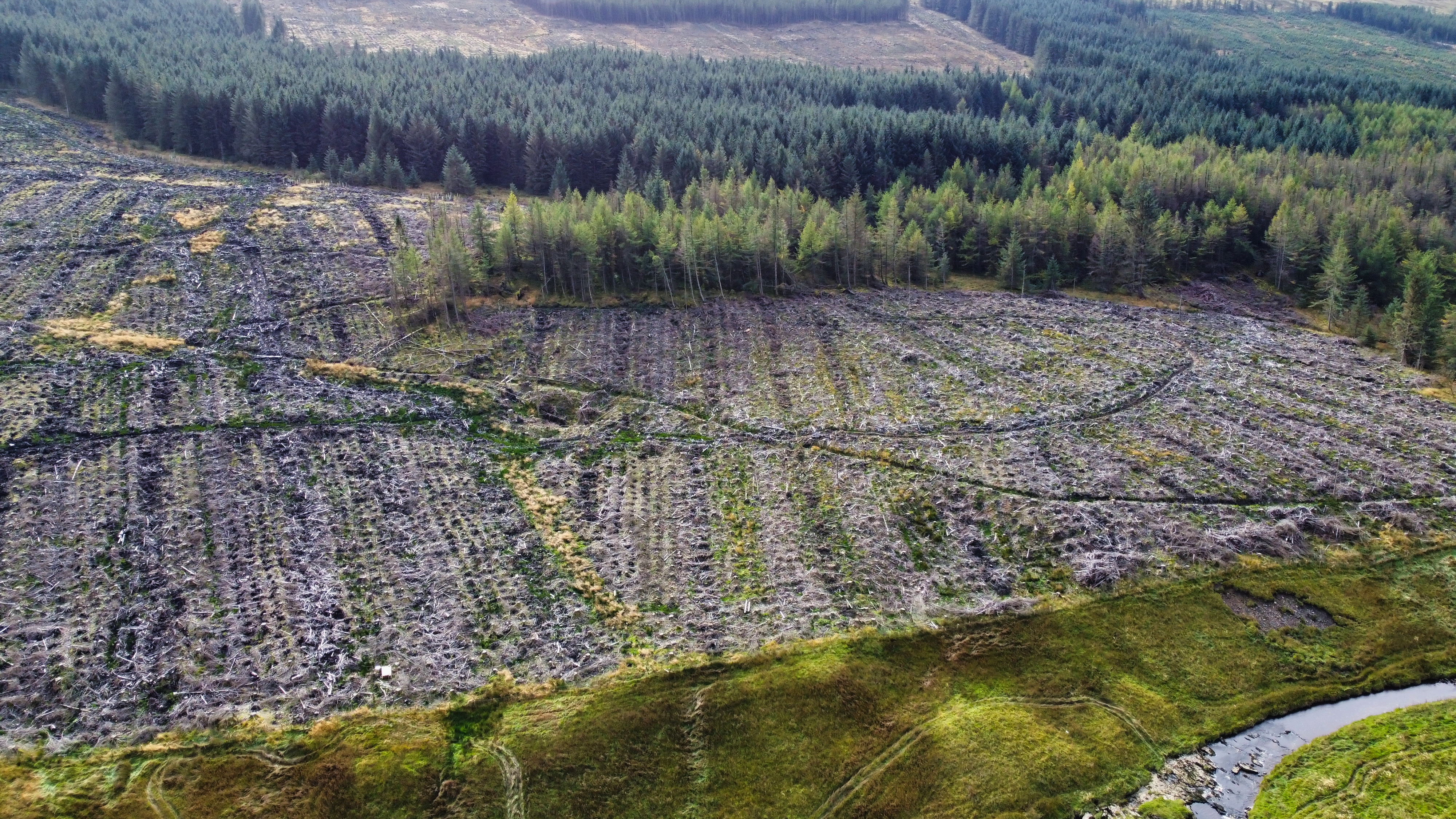A new California Court of Appeal decision, Ghukasian v. Aegis Sec. Ins. Co., 78 Cal.App.5th 270 (2022), see our Alert here, affirms that a mistaken belief about the right to clear land does not transform an insured’s intentional acts into an “occurrence.” This is despite some policyholders’ argument that Liberty Surplus Insurance Co. v. Ledesma & Meyer Construction Co. (2018) 5 Cal.5th 216, requires an “occurrence” whenever negligence is pled.
In Ghukasian, the insured’s contractor allegedly cleared trees and graded land belonging to her neighbor, thereby damaging the land. The insured, however, believed she was working on her own property. She sought coverage under her homeowners’ policy for the neighbor’s lawsuit against her, which stated causes of action for negligence and trespass. The policy required an “occurrence”, which was defined as an “accident,” to trigger coverage. The trial court granted summary judgment to the insurer, concluding that no “occurrence” was alleged.
Based on the California Supreme Court’s holding in Ledesma, the policyholder argued that the underlying case alleged an “occurrence” because it asserted a claim of negligence. However, the Ghukasian court pointed out that Ledesma did not explicitly indicate it was overruling the several California Court of Appeal decisions finding that the mere presence of a cause of action for negligence does not, without more, trigger coverage. Likewise, Ledesma did not overrule the cases finding that certain “negligence” claims necessarily involving intentional conduct—like negligent misrepresentation—do not allege an “occurrence.”
Furthermore, Ledesma did not overrule its last “occurrence” decision, which reinforced the oft-repeated canon that “an injury-producing event is not an ‘accident’ within the policy’s coverage language when all of the acts, the manner in which they were done, and the objective accomplished occurred as intended by the actor.” Delgado v. Interinsurance Exch. of Auto. Club of S. California, 47 Cal. 4th 302, 311–12 (2009).
The Court of Appeal in Ghukasian agreed with the trial court that the underlying complaint did not allege an “occurrence”, relying on two pre-Ledesma California Court of Appeal decisions involving facts similar to those at issue in Ghukasian, Albert v. Mid-Century Ins. Co. (2015) 236 Cal.App.4th 1281, 1289 and Fire Ins. Exchange v. Superior Court (2010) 181 Cal.App.4th 388.

In Albert, similarly to Ghukasian, a neighbor sued another for building an encroaching fence and pruning the neighbor’s trees. The trial court granted summary judgment to the insurer on the basis that there was no alleged “occurrence.” According to the Albert court, it was irrelevant that Albert did not mean to harm the trees she pruned, because she intended the pruning in the first instance. Significant to the Albert court was that the complaint was entirely absent of any allegation that any unforeseen accidental conduct (a slip of the saw, for example) resulted in damage to the trees.
Fire Exchange concerned the construction of a building that encroached on a neighboring property by about five and a half feet. The court found that the insured’s mistaken belief that the building could be constructed where it was did not change the fact that the construction itself was constituted entirely of intentional acts: the insureds intended to build a building precisely where they built it.
Distinguishing Ledesma, the Ghukasian court noted that the immediate cause of the harm in Ghukasian was intentional conduct. Ledesma concerned the liability of an insured employer for the sexual molestation by one of its employees. The Ledesma court found that the molestation was, from the point of view of the employer, an unexpected consequence of the employer’s independently negligent acts of hiring and retaining the employee. By contrast, in Ghukasian, the insured’s deliberate act led directly to the harm without any intervening accident. There was no intervening accident, such as a slip of the equipment, that caused the alleged damage. The work done on the property was, according to the underlying complaint, precisely what was intended. The Ghukasian court likewise rejected the idea that Ledesma requires that any negligence claim necessarily alleges an “occurrence.”Instead, the insurer is to examine the factual allegations, as well as extrinsic evidence known to the insurer, respecting the insured’s state of mind in determining whether an “occurrence” is alleged under the policy.








